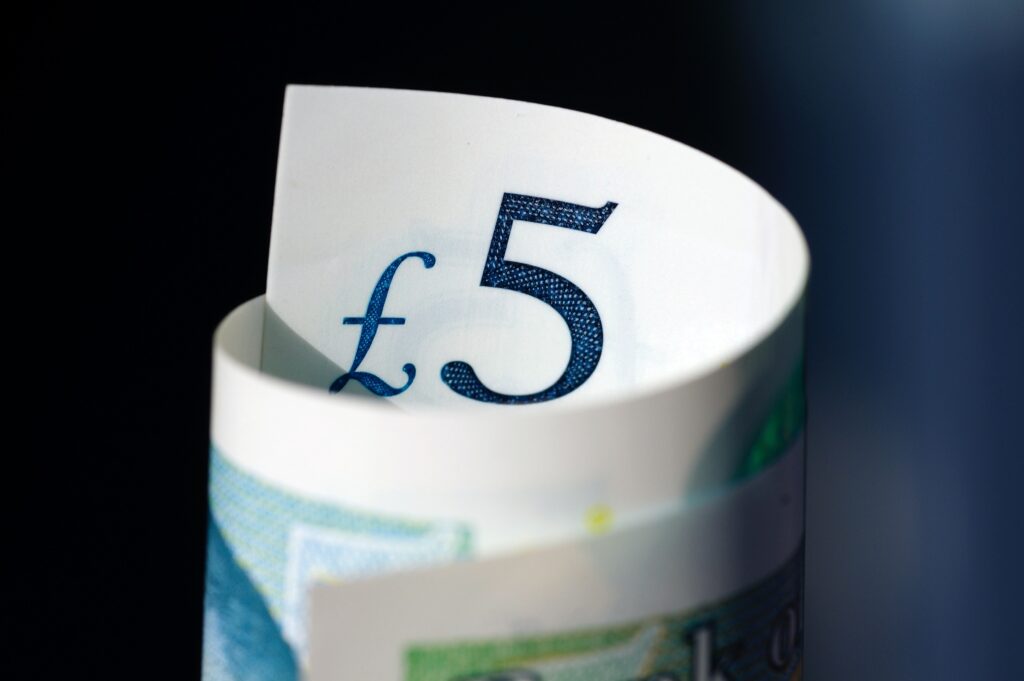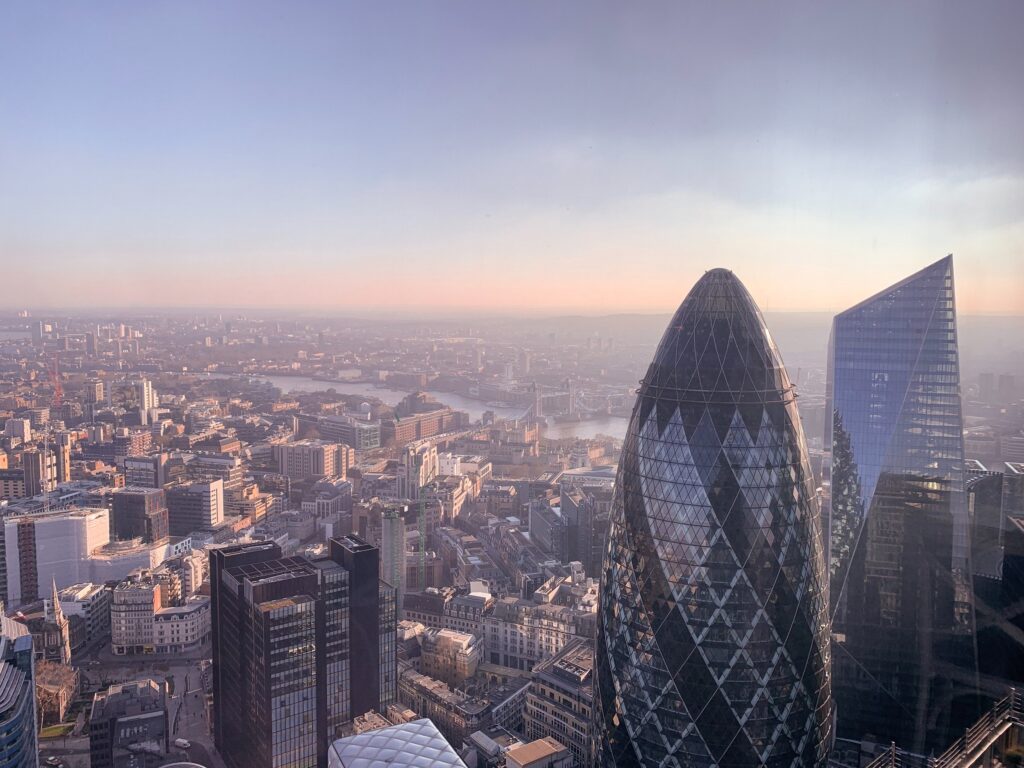Yesterday, we found out that Liz Truss and Kwasi Kwarteng have reversed their decision to lower the 45p tax rate for highest earners to 40p – keeping it at the 45p tax rate.
This came amid a wave of pressure from the media and the general population who felt the 45p tax rate cut was an insult to the British public during a time of economic uncertainty.
But is the information you’re receiving about the 45p tax rate accurate and was the government right to U-turn on this? Let’s look at 5 facts about the 45p tax rate you might not know.
Most Rich People Don’t Pay Income Tax
Primarily, the 45p tax rate is only effective if rich people pay income tax. If rich people don’t pay income tax, I think we can all agree it doesn’t matter whether the tax rate is set at 45%.
You might be incredulously reading this and thinking, of course the rich pay income tax!
Well, you would be wrong. Most rich people use a very simple work around to get their money paid to them at a reduced rate of tax.
They set up a limited company, take their income up to the tax-free threshold and then take the remainder of their salary in dividends.
Why would they do this? Well, it is simple.
- Being paid income by way of dividends from a limited company is legal and tax compliant.
- By submitting your income up to the taxable allowance, you are placing yourself in the ‘Basic Rate’ tax band.
- The tax you pay on dividends is 8.75%.
- You also get a dividend tax free threshold of £2000 – adding the amount of money you can claim tax free on top of your income tax threshold.
Let’s compare that side by side. If a rich person pays income tax, they pay a rate of 45% – whereas if they take the money through dividends without exceeding their income tax threshold, they pay 8.75%.

How Much Do Rich People Contribute to the Tax Pot Through the 45p Tax Rate?
Overall, at the 45% tax rate, the richest in society contribute £18 billion to the treasury.
To reiterate my point above, it is estimated that the richest 1% in the UK have wealth stashed away (offshore, hidden from the taxman) of £800 billion.
That is the money hidden away – their total wealth will be much higher as they still declare some income to have a contribution of £18 billion for income tax.
And with most of the richest people paying dividend tax on their income rather than income tax you could easily put the total wealth of the 1% at over £1 trillion.
Despite this missing tax revenue, the government estimates that the richest 1% contribute to 30% of the total tax pot. Without their taxation, public services would crumble further.
All of this Begs the Question – How Do We Get the Richest 1% to Pay More Tax?
The easiest solution to encourage the richest to pay more tax is to reduce their tax rate. If a rich person feels they are taxed fairly, they are more likely to pay.
Put yourself in the position of a rich person – if you had £1 million would you be more likely to pay £450,000 in tax or £400,000?
As a spectator and someone who isn’t in the highest tax bracket (far from it) it seems evident to me the proposed tax cut to 40% while a step in the right direction is still too high.
I would much rather the tax rate for the richest (and everyone else) be both low and fairly distributed.
Why Low Taxation Improves Outcomes?
A big problem with the ‘mini-budget’ put forward by Liz Truss was the communication around it. She failed to explain why a top rate tax cut is in EVERYONE’S interest.
Instead, it came across as a ‘typical Tory’ move where the rich are given preference over the poor.
Low taxation helps in a number of ways though:
- It makes it more appealing for the rich to contribute without hiding wealth or using other legal means to draw income with a lower tax rate (dividends).
- The estimated potential cost of a tax cut was estimated to be £2 billion. The government signalled they expected this to be zero or increase tax revenue when you consider people being more likely to pay tax at a lower rate.
- That 5% difference is 5% that the rich will reinvest. Rich people aren’t putting their money in savings accounts with nominal interest rates or keeping it under their bed. They invest their money in companies and innovation.
Investment is Sorely Needed for Lowest Income People
So far, we have ascertained a few interesting facts:
- There is not a rich person with a wad of cash stashed under their bed – instead, they invest their money.
- The maximum cost to the treasury of the planned 40% tax rate would be £2 billion.
- Most rich people don’t pay income tax – either hiding wealth or using tax efficient mechanisms to pay less tax on their income.
Let’s take those facts at face value.
Even if that £2 billion did materialise as a loss for the government. That £2 billion would be invested by the rich. Investment that is best made by rich people than the government.
Let’s be pragmatic, who is going to get a better return on that investment of £2 billion? The government or private enterprise?
We all know government spending rarely creates profit, whereas private enterprise investment exists to get high rates of return for the rich.
That means the poorest in society benefit from that £2 billion investment in the way a government can’t provide. At best the government will dole out that £2 billion either directly to people through benefit schemes or by pumping it into money pit public services.
Either way – government spending is not the solution – they won’t see a return on that £2billion.
When rich people invest in start-ups, streamlining existing products and services and employ more people, the poorest in society benefit massively.
The cost of goods and services comes down, there are more jobs available for those seeking work and innovative companies have funding opportunities to start-up.
At a time of record inflation, the government wants to curb spending. This is because the more money that is spent on goods and services the higher the rate of inflation. The way to prevent inflation is to stop ordinary folk spending so much money.
Government handouts have simply been spent by ordinary folk and this has caused the inflationary pressures we are now in. Further hand outs will push inflation higher and exacerbate the problem rather than cure it.

The 45% Tax Rate – What Should We Do?
This is a case where the British public have been misinformed or are under-informed about the tax affairs of the rich.
That’s forgivable, as most of us couldn’t imagine having that kind of money, let alone how we would manage the taxation of it.
But we are really cutting our nose off to spite our face with the outcry and subsequent U-turn by the government.
The 45% tax rate is not fit for purpose, it isn’t a matter of preference to reduce it – it NEEDS to be reduced. The preference is by how much – in my opinion it should be a significant reduction, but 40% is better than not dropping the rate at all!
I for one as a non-higher rate taxpayer encourage the incentive of the richest keeping more of their money – we know they don’t hoard it. They invest it in us, either directly through employment or funding start-ups or through improving products, manufacturing, and services – all things we the general population rely on.
